– Hungary and Algeria share a long history of diplomatic relations, and you spoke about this connection at the celebration of the 70th anniversary of Algeria's war for independence. What unites the two nations?
– "The roots of Algeria–Hungary relations date back to the national liberation war that erupted in 1954. At that time, Hungarian Radio was one of the first to broadcast our November 1 appeal and regularly reported on events related to the struggle for independence. This media solidarity was extremely important for our country. After achieving independence, this friendship further deepened as Hungary played a significant role in Algeria's reconstruction, providing valuable assistance, particularly in developing infrastructure and education. Many Algerian students studied in Hungary, fostering enduring personal and cultural ties. Some even settled in Hungary, further enriching the fusion of Algerian and Hungarian cultures. These personal and professional relationships established a strong foundation and valuable legacy of friendship between the two nations, which continue to inspire our bilateral relations today.
My mission in Hungary is, among other things, about deepening economic and trade relations. Algeria and Hungary have cooperated in many areas. For example, the July 5, 1962 Stadium in Algiers was built by a Hungarian company with expertise drawn from the Puskas Stadium in Budapest. Currently, we are working on opening new horizons for cooperation.
– Where do you see opportunities to expand this cooperation? What are the common foundations that we can build on?
"Algeria, as the strategic gateway to the African continent, offers countless opportunities for developing strategic partnerships. Key areas include agriculture, water resource management, renewable energy, fisheries, small and medium-sized enterprises, the pharmaceutical industry, telecommunications, and digital technologies. Hungary's expertise in agriculture and water management is particularly valuable for Algeria, especially concerning large-scale projects in the Sahara. Moreover, we are planning specific collaborations in freshwater aquaculture and the exploitation of natural resources, such as phosphate and iron deposits. On an academic level, Hungary annually offers scholarships to Algerian students. These exchanges help strengthen the human and intellectual connections between our nations."
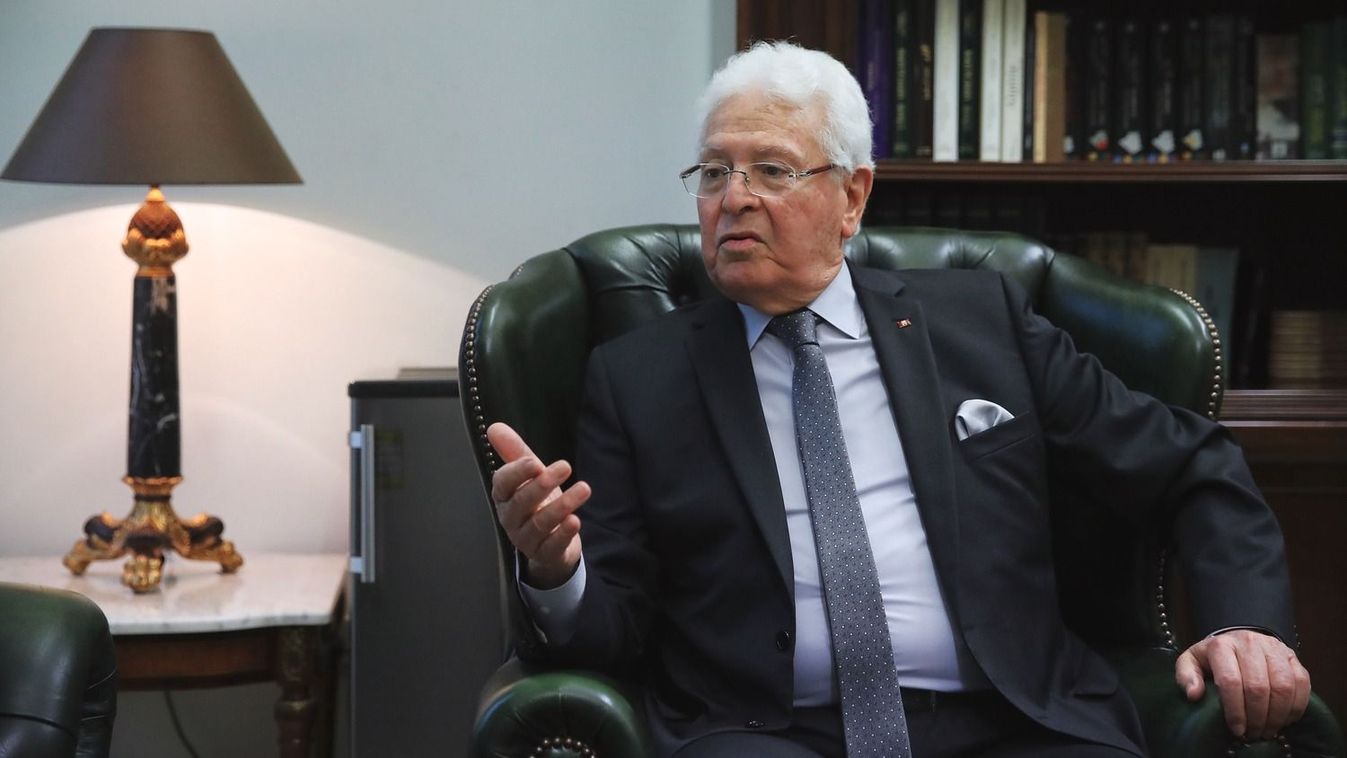
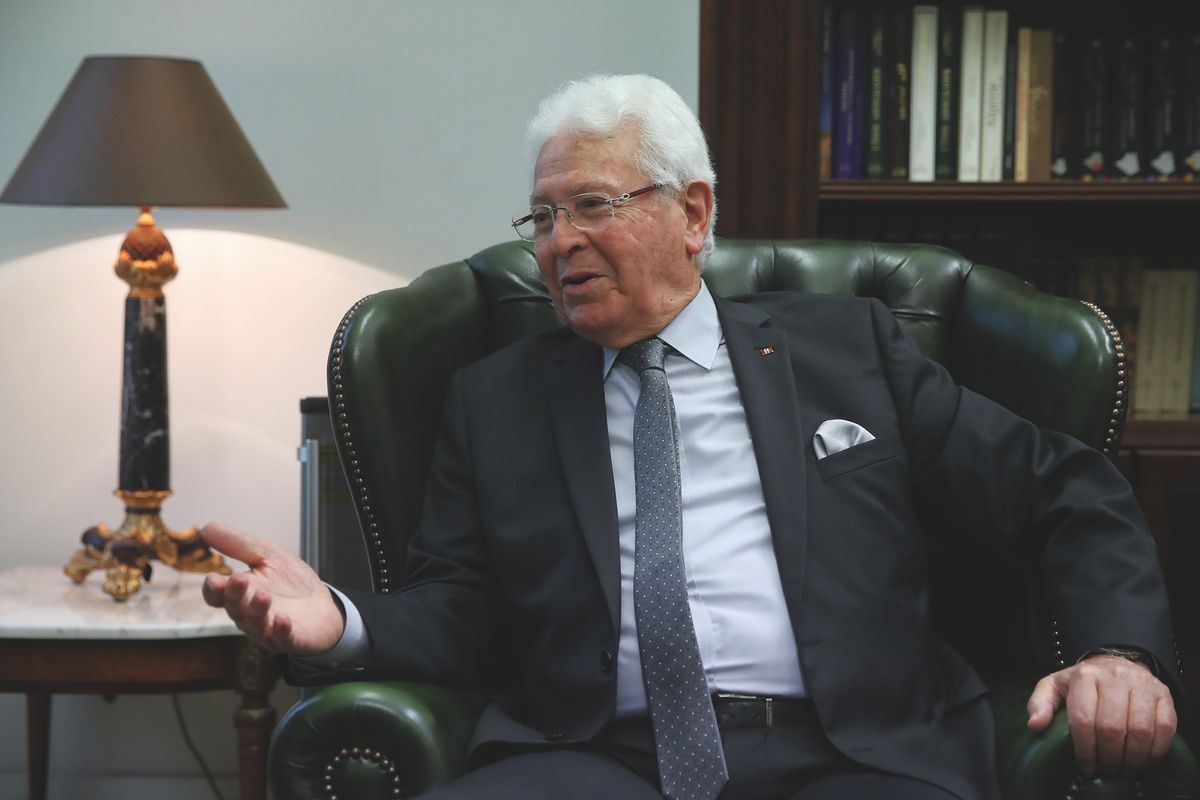
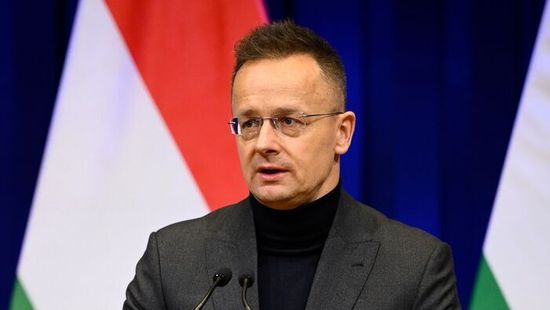
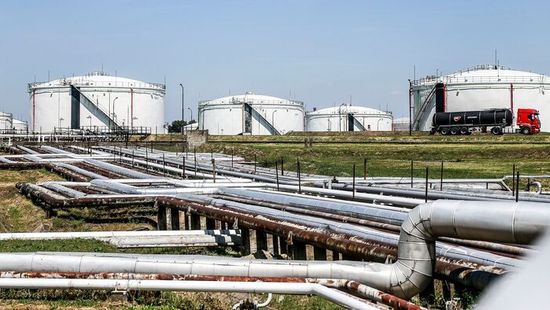
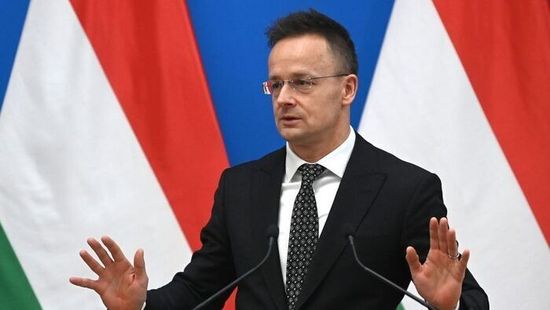
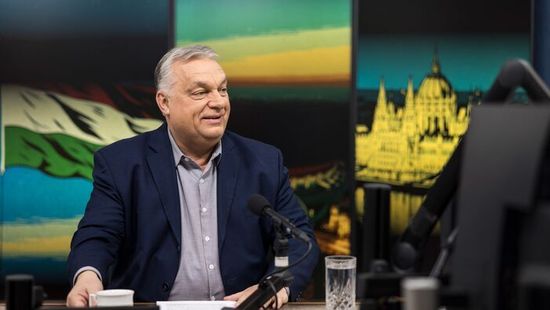

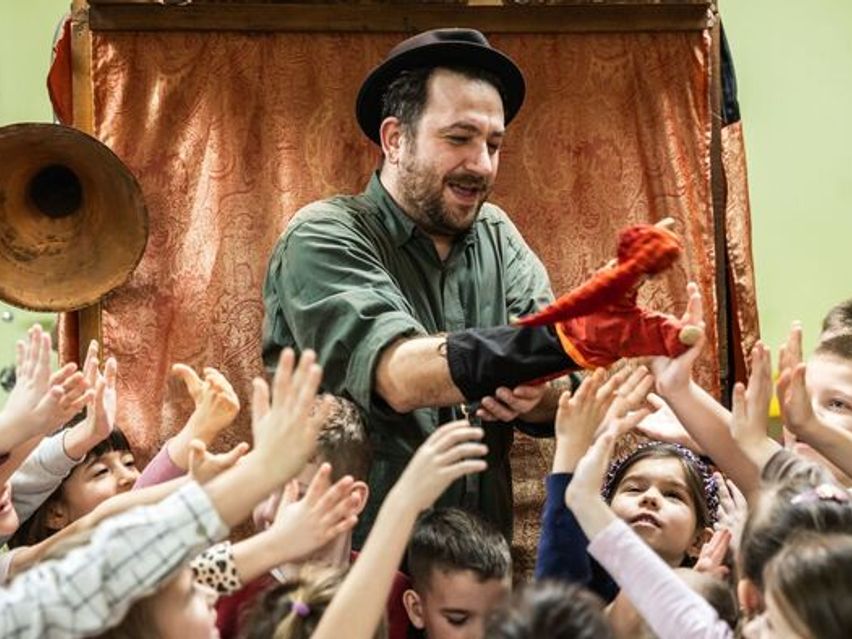
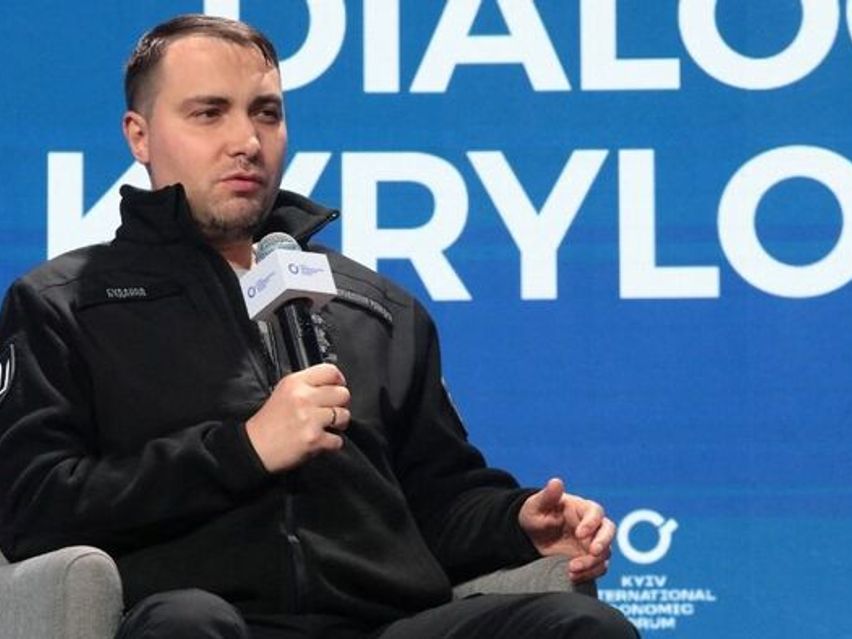
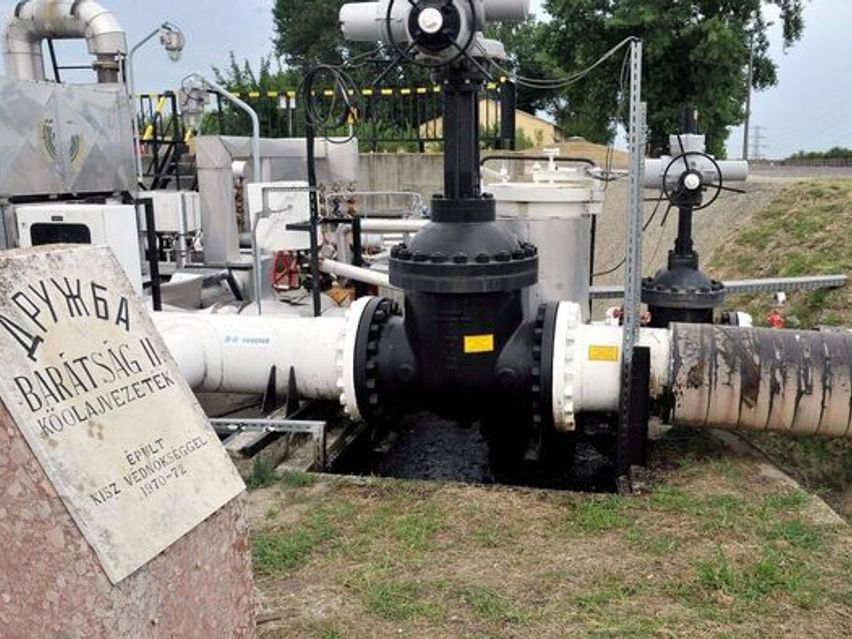


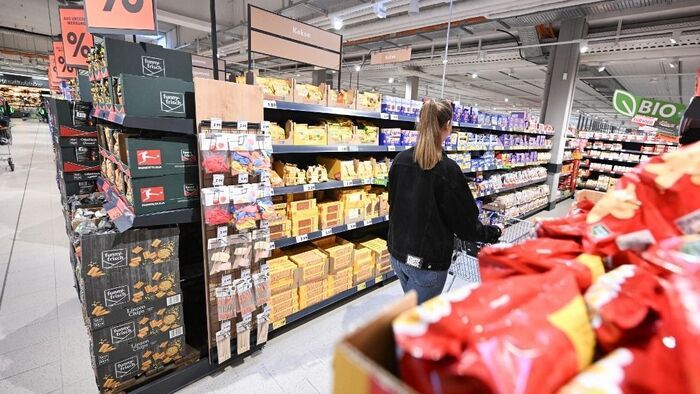
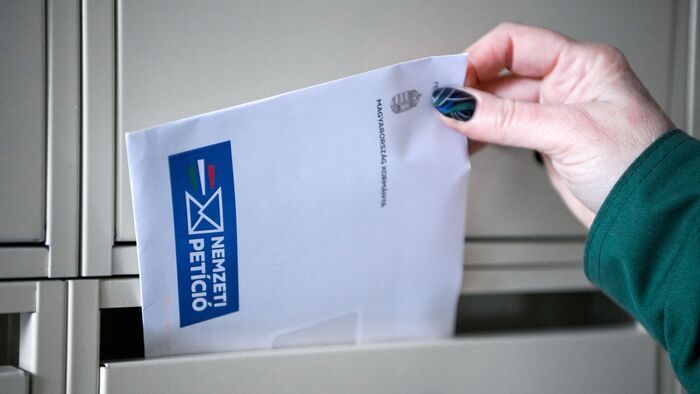
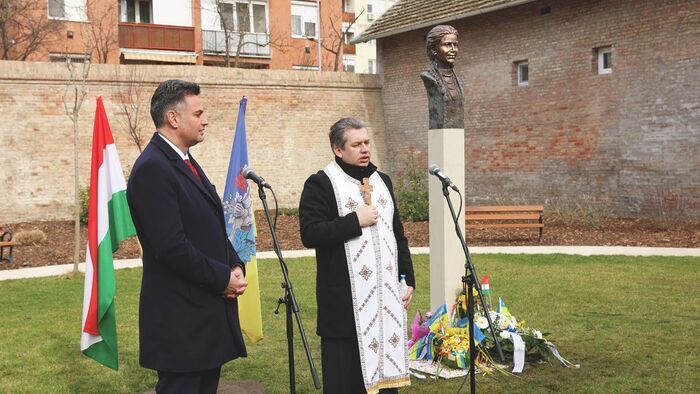
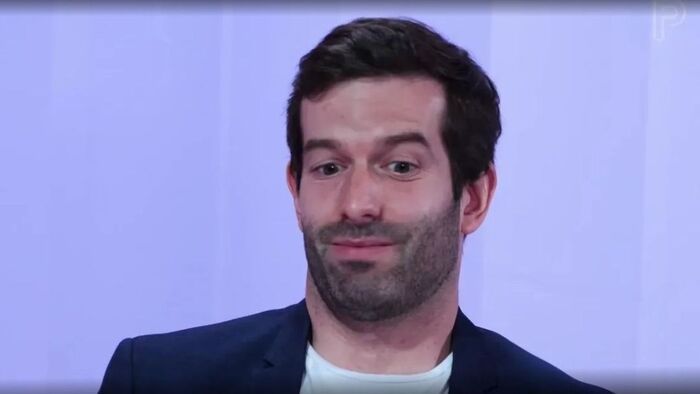
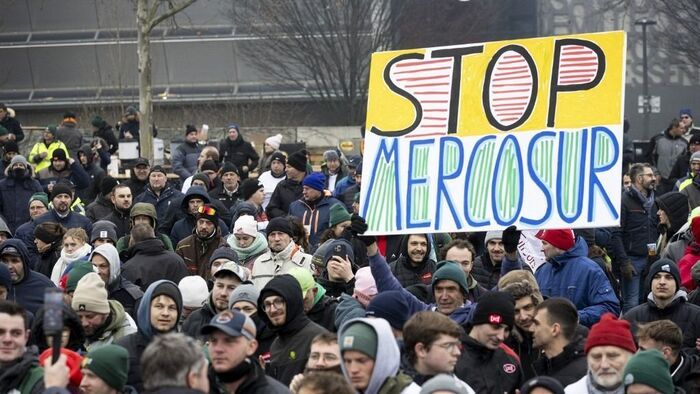
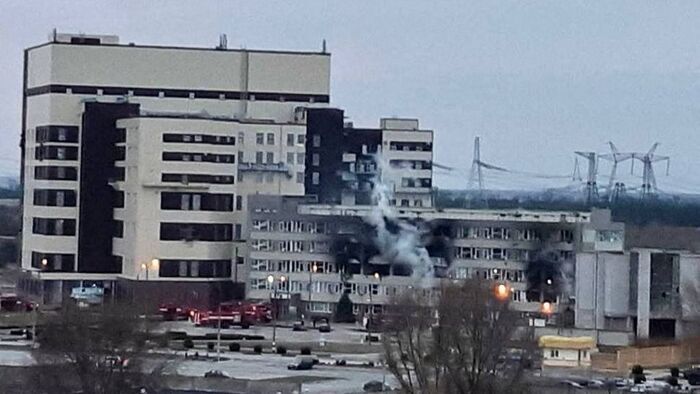
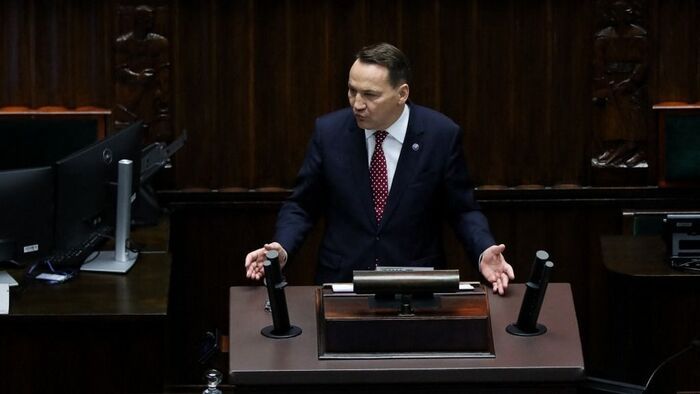





Szóljon hozzá!
Jelenleg csak a hozzászólások egy kis részét látja. Hozzászóláshoz és a további kommentek megtekintéséhez lépjen be, vagy regisztráljon!